Considering we have the following entities:

And, you want to fetch some parent Post entities along with all the associated comments and tags collections.
If you are using more than one JOIN FETCH directives:
List<Post> posts = entityManager.createQuery("""
select p
from Post p
left join fetch p.comments
left join fetch p.tags
where p.id between :minId and :maxId
""", Post.class)
.setParameter("minId", 1L)
.setParameter("maxId", 50L)
.getResultList();
Hibernate will throw the MultipleBagFetchException:
org.hibernate.loader.MultipleBagFetchException: cannot simultaneously fetch multiple bags [
com.vladmihalcea.book.hpjp.hibernate.fetching.Post.comments,
com.vladmihalcea.book.hpjp.hibernate.fetching.Post.tags
]
The reason why Hibernate throws this exception is that it does not allow fetching more than one bag because that would generate a Cartesian product.
The worst "solution" others might try to sell you
Now, you will find lots of answers, blog posts, videos, or other resources telling you to use a Set instead of a List for your collections.
That's terrible advice. Don't do that!
Using Sets instead of Lists will make the MultipleBagFetchException go away, but the Cartesian Product will still be there, which is actually even worse, as you'll find out the performance issue long after you applied this "fix".
The proper solution
You can do the following trick:
List<Post> posts = entityManager.createQuery("""
select distinct p
from Post p
left join fetch p.comments
where p.id between :minId and :maxId
""", Post.class)
.setParameter("minId", 1L)
.setParameter("maxId", 50L)
.setHint(QueryHints.PASS_DISTINCT_THROUGH, false)
.getResultList();
posts = entityManager.createQuery("""
select distinct p
from Post p
left join fetch p.tags t
where p in :posts
""", Post.class)
.setParameter("posts", posts)
.setHint(QueryHints.PASS_DISTINCT_THROUGH, false)
.getResultList();
In the first JPQL query, distinct DOES NOT go to the SQL statement. That's why we set the PASS_DISTINCT_THROUGH JPA query hint to false.
DISTINCT has two meanings in JPQL, and here, we need it to deduplicate the Java object references returned by getResultList on the Java side, not the SQL side.
As long as you fetch at most one collection using JOIN FETCH, you will be fine.
By using multiple queries, you will avoid the Cartesian Product since any other collection but the first one is fetched using a secondary query.
Always avoid the FetchType.EAGER strategy
If you're using the FetchType.EAGER strategy at mapping time for @OneToMany or @ManyToMany associations, then you could easily end up with a MultipleBagFetchException.
You are better off switching from FetchType.EAGER to Fetchype.LAZY since eager fetching is a terrible idea that can lead to critical application performance issues.
Conclusion
Avoid FetchType.EAGER and don't switch from List to Set just because doing so will make Hibernate hide the MultipleBagFetchException under the carpet. Fetch just one collection at a time, and you'll be fine.
As long as you do it with the same number of queries as you have collections to initialize, you are fine. Just don't initialize the collections in a loop, as that will trigger N+1 query issues, which are also bad for performance.
